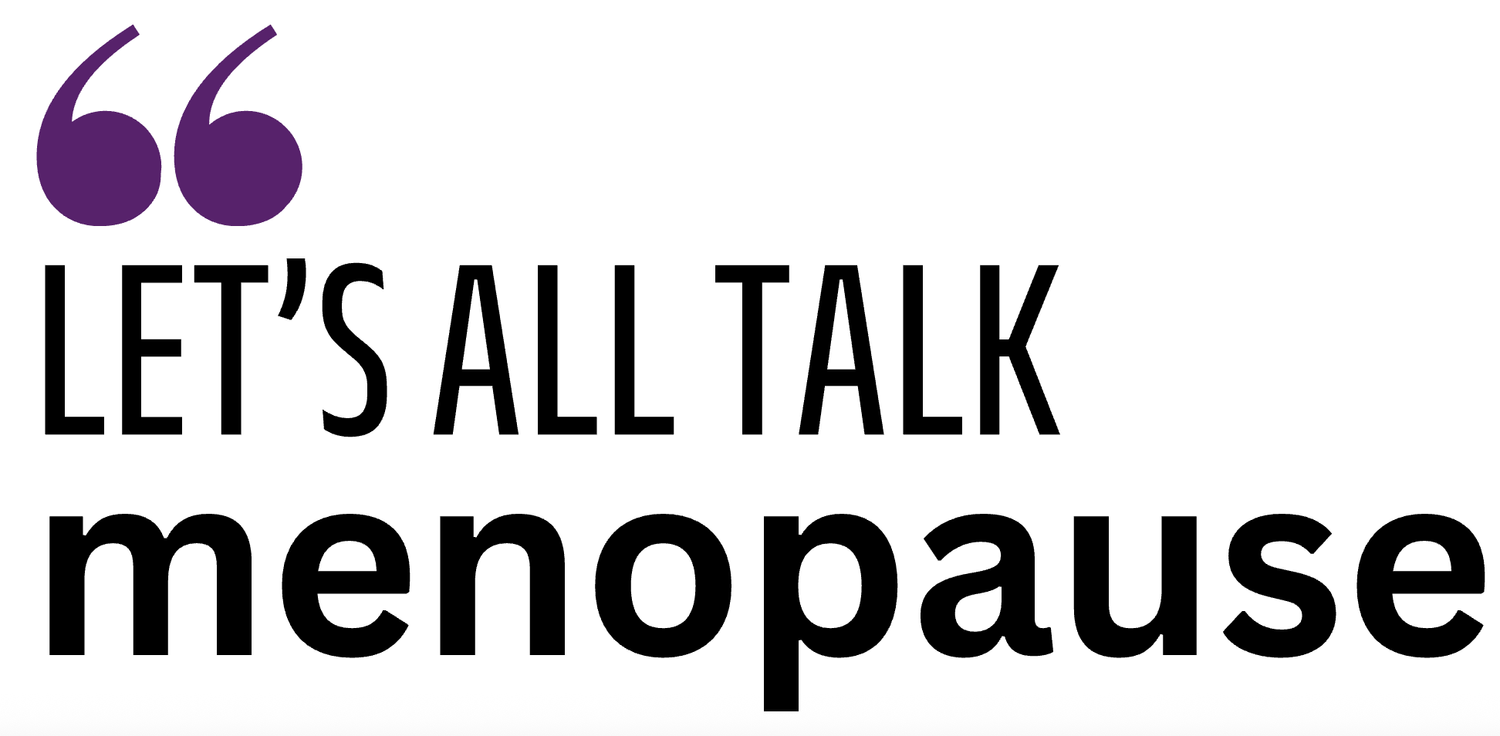Navigating Perimenopause: with Dr Anna Greaves
Perimenopause is the lead-up to menopause, where hormone levels start to fluctuate, bringing along a mix of symptoms. This phase can kick off in your mid-40s, but it varies for everyone.
What Are the Symptoms?
During perimenopause, your body goes through a lot of changes due to shifting hormone levels, especially estrogen. Here’s what you might notice:
Hot Flashes and Night Sweats: These are super common, affecting about 80% of women.
Physical Changes: You might experience things like heart palpitations, dizziness, joint pain, changes in your hair and skin, and feeling tired all the time. Sleep problems are also really common.
Mood and Mind: Anxiety, mood swings, irritability, and brain fog can pop up, making it hard to focus or remember things.
Sexual Health: A drop in libido and vaginal dryness are common but often not talked about enough.
What Affects Perimenopause?
Several factors can influence when and how you experience perimenopause:
Family History: Knowing when your mom or sisters went through menopause can give you a clue.
Lifestyle Choices: Smoking, diet, and your weight can impact symptoms. For example, smoking can lead to an earlier menopause.
Health Issues: Conditions like high blood pressure can also play a role.
"Every woman's journey is very individual, very different, and unpredictable."
How Hormones Impact You
The hormonal rollercoaster during perimenopause affects both your body and mind. Estrogen and progestogen help keep your brain ticking, so when they drop, you might notice:
Mood Swings: Lower levels of feel-good hormones like dopamine and serotonin can make you feel more anxious or moody.
Brain Fog: Changes in your brain can lead to hot flashes, sleep issues, and mood swings.
Coping with Perimenopause
"The perimenopause often coincides with so many other stresses in life, whether that be caring for more elderly parents or relatives, caring for teenagers, stressful work situations, or relationship issues."
Getting through perimenopause can be easier with some lifestyle tweaks and, sometimes, medical help:
Lifestyle Tweaks: Regular exercise, eating a balanced diet with lots of plants, and staying hydrated can help. Cutting down on processed foods and keeping a healthy weight can also ease symptoms.
Alternative Therapies: Some women find relief with acupuncture or herbal remedies, though results can vary.
Hormone Replacement Therapy (HRT): HRT can be a game-changer for managing symptoms, especially if they’re severe. The type of HRT depends on your health and what works best for you.
Wrapping Up
"If it's affecting your quality of life, it's worth a discussion."
Perimenopause is different for everyone, influenced by various factors. Knowing what to expect and how to manage symptoms can make this phase a bit smoother. Talking openly about perimenopause can help women and their families understand and support each other better.
For more personalised advice, it’s a good idea to chat with a healthcare professional who can guide you based on your specific needs.
"The more people talk about it, the more that then people can talk about the solutions to those problems."
